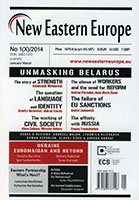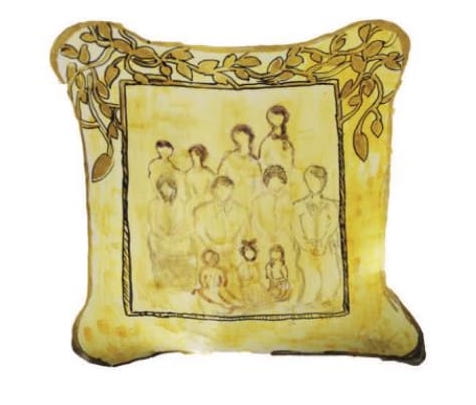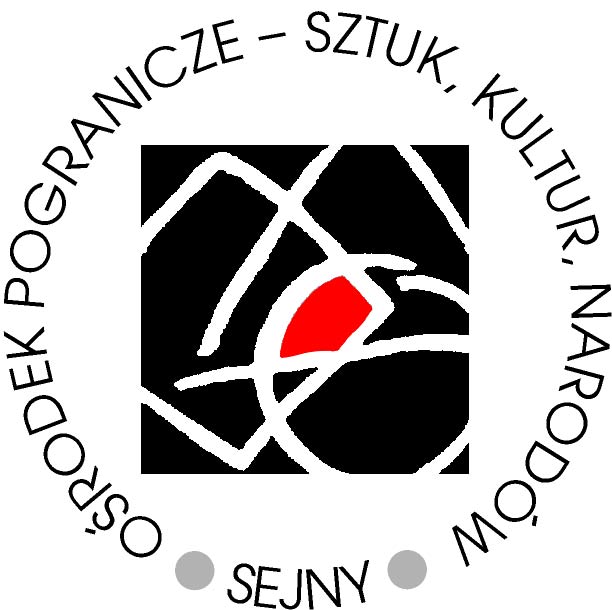"Handbook of Dialogue" review

Quarterly "New Eastern Europe" 1(X)/2014 published a review of the "Handbook of dialogue. Trust and identity", by Dorota Sieroń-Galusek.
The Ethos of Bridge Builders
Podręcznik dialogu. Zaufanie i tożsamość, red. Krzysztof Czyżewski, Joanna Kulas, Mikołaj Golubiewski, Sejny 2012;
A Handbook of Dialogue. Trust and Identity, Eds. Krzysztof Czyżewski, Joanna Kulas, Mikołaj Golubiewski, Sejny 2011.
Published by the Borderland Centre of Arts, Cultures and Nations (Pogranicze - sztuk, kultur, narodów) and the Borderland Foundation (Fundacja Pogranicze), both operating in Sejny (Poland), the bilingual (Polish and English) Handbook of Dialogue is a result of several years of work, meetings, and discussions that took place as part of the New Agora International Symposia and the Intercultural Dialogue Colloquium. This wandering academy held debates both in Europe (Sarajevo 2006, Wrocław 2007, Sejny 2008, Berlin 2009) and in the Southern Caucuses (Tbilisi 2005). Not surprisingly, the publication reflects the geographic and cultural diversity of these encounters. But what was the subject of this series of debates?
Among issues discussed were multiculturalism and interculturalism, pedagogy and the role of social and cultural animation, relations between politics and religion, and the politics of remembrance. However, such issues as community and responsibility were also heatedly discussed. In this wide spectrum, one thing is common: all of the above-mentioned problems are extremely timely, if not to say burning.
And that is why this bilingual publication is an interesting voice, and its dialogic nature also reflects its interdisciplinary approach. Within the debates, the problem in question is addressed by philosophers, sociologists, language and teaching specialists, and psychologists. In addition, the discussions were joined by both the theoreticians and practitioners, which is actually quite rare even nowadays. This is of great value, as it is an attempt to bring these two worlds together. Academics and social and cultural activists, while often together during various conferences or congresses, rarely have a chance to go beyond the lectures and monologues. In contrast, the debates organized by Pogranicze were real discussions in which openness and learning about other points of view were considered the utmost value. It is also for this reason that the reviewed publication deserves its title, A Handbook of Dialogue.
However, some might be a bit surprised why this book is even called a handbook. It clearly does not offer any pieces of advice or ready recipes on how to carry out a dialogue. It does not include any defined conditions that should be met to create a dialogic situation. The authors, however, undertake an attempt to make an encyclopaedic order. Throughout its pages, we find boxes with definitions of key concepts or a presentation of some facts relevant to the debate. And, above all, there is the Bordeland Glossary, which is a kind of a dictionary of dialogue explaining such important phrases as agora, borderlander, connective tissue, derwish, encounter, galut, hospitality, interculturalism, maidan, neimar, other, stari most and tarika.
The authors consciously avoid ready recipes. In their view, the "handbook" is meant to be an inspiration for further independent search. It is meant to encourage the readers to ask their own questions regarding which features and abilities should someone working in a multicultural environment master. It is meant to be an invitation to reflection on the ethos of the borderlanders, a re-consideration on the role and meaning of culture in the building of a democratic society that is open to others.
Some readers will probably ask the question - isn't a dialogue a utopian postulate or is it a possible social practice? To the skeptics I would recommend reading Edwin Bendyk's text included in the publication in which he explains two different understandings of the word "utopia". Bendyk also writes that while there is a common perception of what prosperity means, with its measures being the speed and scale of development, we are also stuck at an impasse and the world, which constantly faces new and emerging threats and on-going conflicts, seems nearly impossible to understand. In this context, Bendyk brings about the view of the academic director of the Museum of Europe in Brussels, Krzysztof Pomian, who wrote in the 1980s that humanity was facing a crisis of the future as the idea of prosperity and wealth turned out to be a superficial utopia and, hence, what the contemporary man needs more and more is a new, truly utopic vision.
Such a vision is the proposal of the people gathered around Pogranicze. It is written into the idea of a new agora, the ethos of bridge builders, the attitude that is focused on meeting the other, the formula of dialogue. More than anything, however - as Tadeusz Sławek, one of the participants in the symposia, writes -such a utopia gives us a sense of direction as it does not mean a denial of reality. It offers the prospect of the transformation of the real. It is a dream, but a dream into which reason and deep reflection are written.
Dorota Sieroń-Galusek
Translated by Iwona Reichardt








